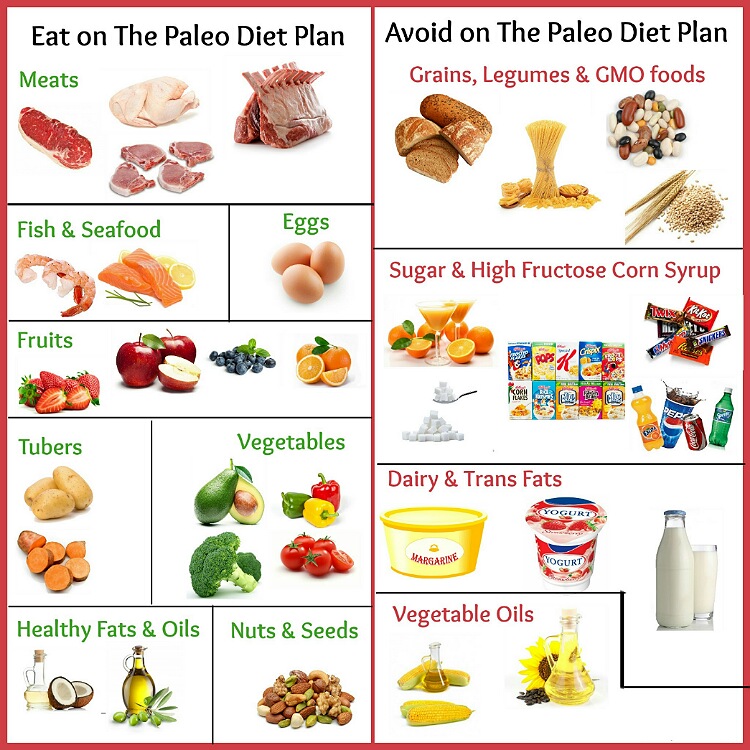The Paleo diet is the short form of the Paleolithic diet. It is a food fad of innumerable Hollywood stars and the wealthy class of society. Claims are multiple but how true are they? Let’s analyze.
What is a Paleo diet?
It is the Paleolithic diet. It is called so since propagators and followers of this diet believe that the components are similar to what people of the Paleolithic age used to consume.
Hence it is also called Caveman’s diet or stone-age diet. It is a modern fad related to food and eating.
The diet includes fresh vegetables, fruits, meat, roots, fish, eggs, and nuts. All these were available naturally during the stone age and could be easily obtained by hunting or fishing.
At that time, agriculture had not yet come and there were no industries. Animals were not domesticated.
Hence, the diet does not include grains or legumes, dairy products, sugar, processed oils, salt, coffee, or alcohol. It is a meat-centric diet.

This diet began in the 1890s. The 20th century saw authors bring out several books on this type of eating and recommend it to grow slim and improve health.
With the internet and social media boom in the 21st century, this diet gained popularity and became a craze amongst the rich class and their fans.
Is the Paleo diet healthy?
There has been a multitude of literature work on the Paleo diet and its claimed benefits. But the research on it has been limited.
Additionally, studies have not supported the exaggerated claims of the proponents of this diet. The diet is slightly superior to the Western diet.
Processed food use is minimal in this diet. Hence it is better and is in line with the recommendations of Europe and the USA health bodies regarding healthy eating.
The food provides increased satiety. Hence overall food consumption comes down and this may aid in weight loss.

The claims that it decreases the incidence of heart ailments and inflammatory body conditions have not been supported by evidence-based medicine.
The diet has some benefits but overall and in the long run, it could lead to more issues and health problems
The negative effects of this diet
The Paleo diet has more disadvantages compared to benefits. The consumption of the diet can cause several nutritional deficiencies to crop up in the body.
These include calcium, vitamin D, vitamin B12, and others. People adhering to such a diet strictly had a weakness, diarrhea, and headaches. Their bone health suffered.
High fish consumption could lead to toxicity due to the several toxins in the fish. High meat consumption causes an increased fat intake of the unhealthy type. This increases the risk of cardiovascular and metabolic diseases.

The diet is not environment friendly. It is more harmful to the environment compared to the consumption of an omnivorous diet.
It remains a controversial diet with a bad effect on both the person consuming it as well as the environment. But it is difficult to convince those following it especially since celebrities advocate it on social media and influence the decisions of the masses.